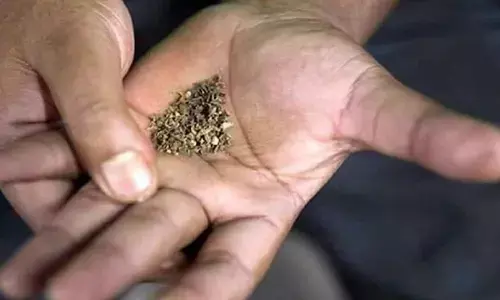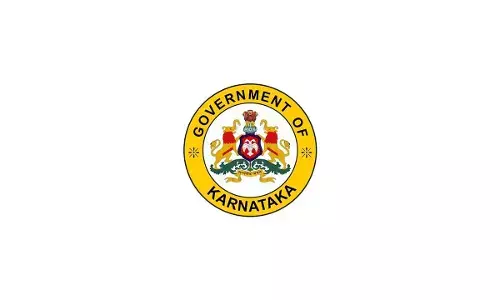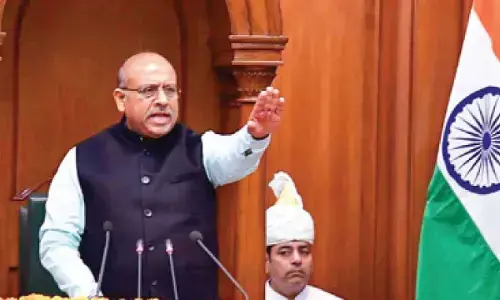Ayush-64 & Ayush-82

The study has been taken up on 805 patients in Council’s Central Research Institute (Ayurveda), New Delhi and other centres. The effect of treatment was assessed on fasting and postprandial blood sugar at various stages of treatment, besides clinical evaluation.
National Research Development Corporation (NRDC), an Enterprise of the Department of Scientific & Industrial Research, Ministry of Science & Technology, Govt. of India, New Delhi and M/s Dabur India Ltd., New Delhi have entered into License Agreements for commercialization of Ayush-64, an ayurvedic formulation for treatment of Malaria and Ayush-82, an ayurvedic Formulation for management of Diabetes both developed by Central Council for Research in Ayurvedic Sciences (CCRAS), New Delhi, an Autonomous body of the Ministry of AYUSH (Ayurveda, Yoga and naturopathy, Unani, Siddha and Homeopathy). The Licence agreements were signed by Dr. H. Purushotham on behalf of National Research Development Corporation, New Delhi and Dr.J.L.N.Sastry, Head Healthcare Research, on behalf of Dabur India Ltd., New Delhi.
The Ayurvedic Drug Ayush-64 is very effective for the treatment of Malaria which is one of the most prevalent; destructive widely spread disease, well known to Ayurvedic Physicians as Visama Jvara from ancient times. In view of its wide prevalence and drug resistant malarial parasite, a poly-herbal non-toxic drug has been developed by CCRAS after carrying out extensive pharmacological, toxicological and Clinical studies. Each tablet of Ayush 64 contains: Saptaparna (Alstonia scholaris R. Br.) Bark Aqueous Extract 100 mg; Katuki (Picrorhiza kurroa Royle ex. Benth) Root do 100 mg; Kirata tikta (Swertia Chirata (Pexb ex. Karst) Whole plant do 100 mg; and Kuberaksa (Caesalpinia crista Linn.) Seed powder 200 mg. The studies revealed that Ayush- 64 in dose of 500 mg per kg of body weight for 12 weeks was considered safe and non-toxic.
Ayush-82 contains: Karvella (Momordica charantia Linn.) seed 1 part; Jambu (Syzygium cumuni Linn.) seed 1 part; Amra (Mangifera indica Linn.) seed 1 part; and Gudmar (Gymnema sylvestre R. Br.) leaves 1 part. Fine powder of these drugs was administered in the dose of 5 gm. TDS with 500 mg of pure Shilajita thrice daily.
The study has been taken up on 805 patients in Council’s Central Research Institute (Ayurveda), New Delhi and other centres. The effect of treatment was assessed on fasting and postprandial blood sugar at various stages of treatment, besides clinical evaluation.
The results indicate statistically significant reduction in fasting and post prandial blood sugar levels along with clinical improvement. Good and fair control could be achieved in about 70% of patients. No toxic effects were noted.
















